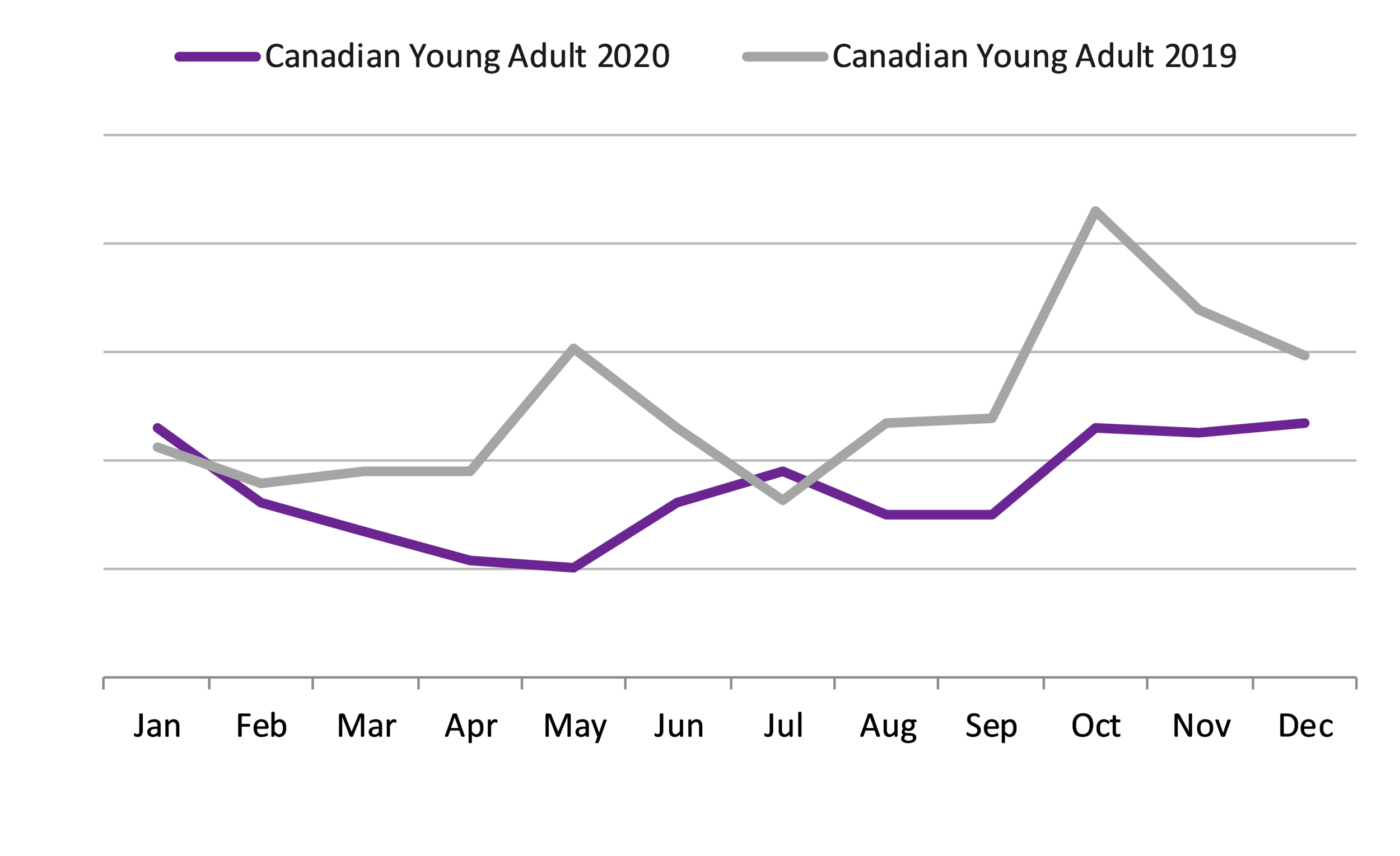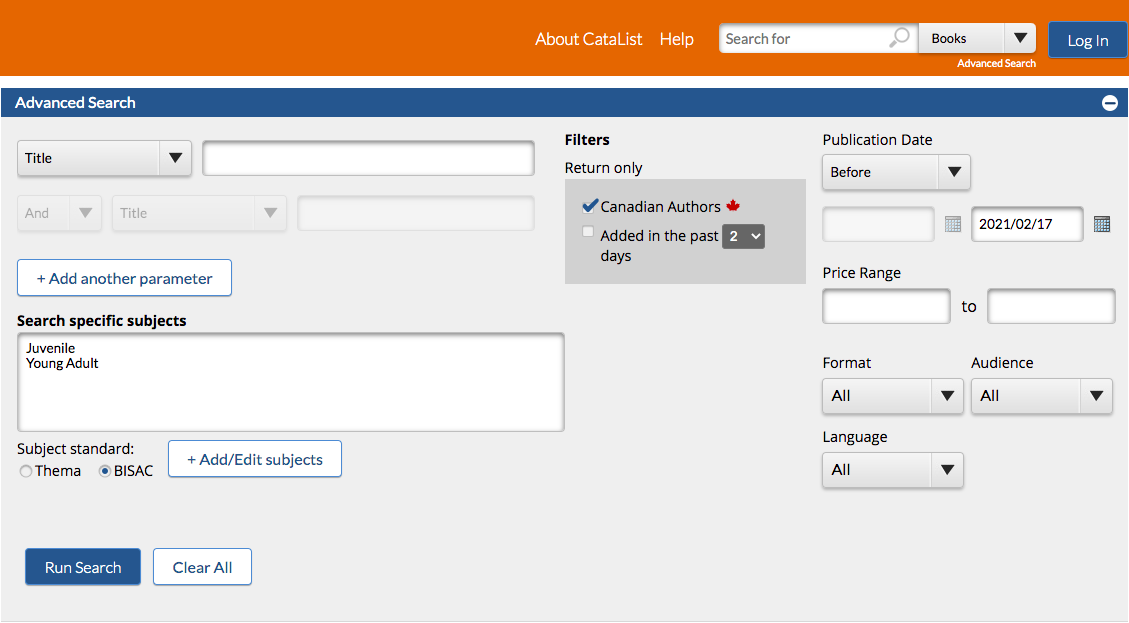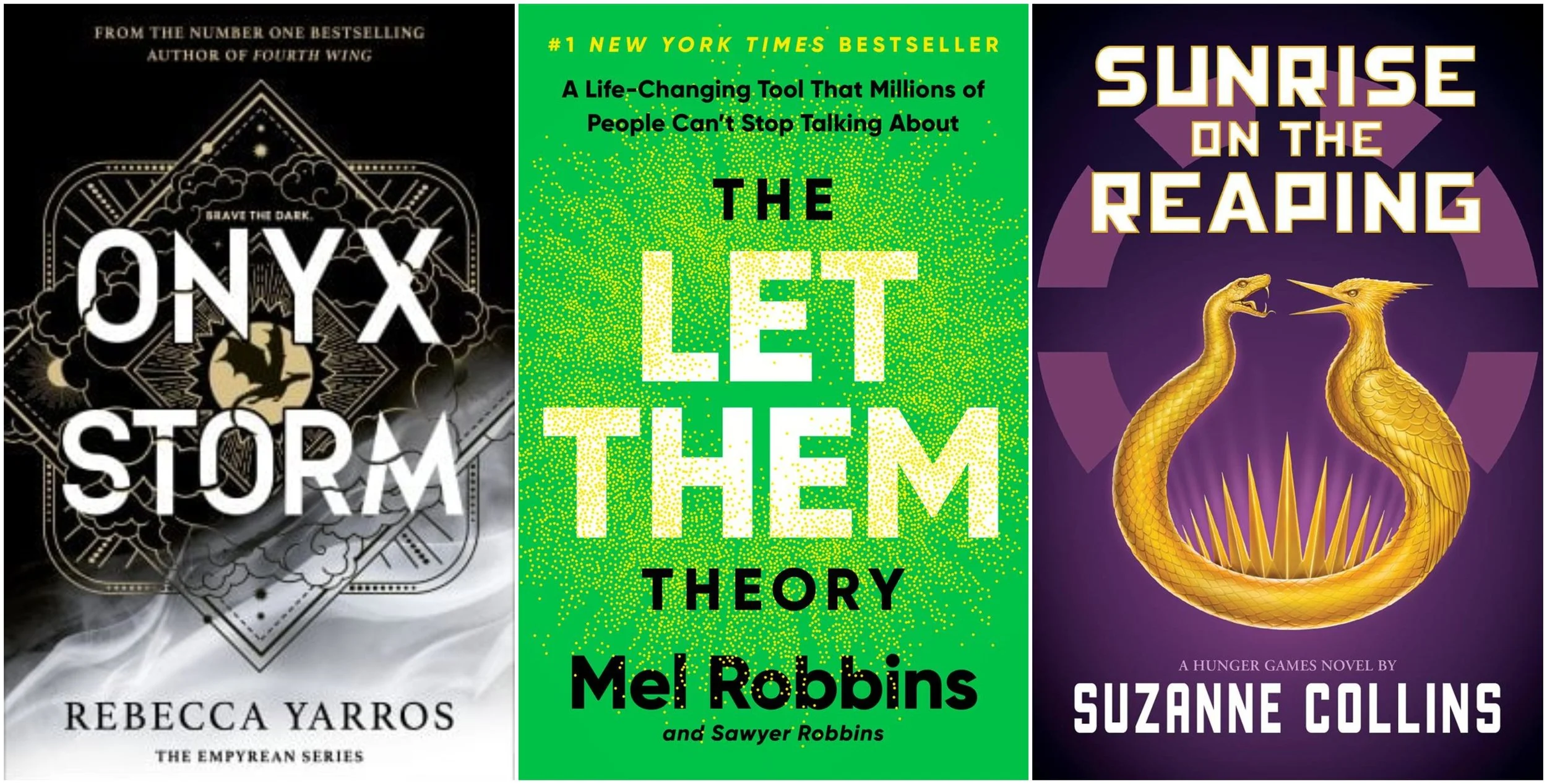This year, I Read Canadian Day was celebrated on Feb. 17. And even if we’re a few days late, we wanted to join the fun and add a sprinkle of insightful data to wrap up the celebration!
In the January episode of the BookNet Canada podcast, Monique Mongeon shared with us that “both Young Adult Non-Fiction and Juvenile Non-Fiction [subjects] outperformed their 2019 sales in 2020, up 5% and 3%, respectively.” We decided to take this as a starting point and dig deeper into the data.
Animated GIF by Debbie Ridpath Ohi @inkygirl
Canadian Juvenile market
Let’s start with a deep dive into the sales of Canadian Juvenile print titles!
Like Monique told us in the January podcast, “2020 sales were a bit lower than 2019 sales overall.” This rings true for Juvenile titles with one or more Canadian contributors; their sales saw an overall decrease of 7%.
If we take a closer look, we find that Canadian Juvenile Fiction decreased 11% from 2019 to 2020 but that Canadian Juvenile Non-Fiction sales are up 5%, in line with what Monique reported for all Juvenile Non-Fiction subjects in the January podcast.
Canadian Young Adult market
Switching gears, sales of Canadian Young Adult titles in 2020 are significantly lower than sales in 2019, with a decrease of 30% overall.
If we zoom in, we see a small increase in Canadian YA Non-Fiction sales in 2020, like for all YA Non-Fiction, while it’s Canadian YA Fiction sales that decreased by 33% from 2019 to 2020.
Uplifting Canadian literature
If you think about it, it’s not surprising that last year’s numbers are not so close to 2019 numbers. After all, 2020 was a very unusual year, businesses and patrons were — and still are — facing many challenges. But we’re here to share ways in which you can help promote and find all Canadian literature, not just for Juvenile and Young Adult titles!
Contributor metadata
Identifying Canadian contributors in your metadata is an excellent way to help uplift our literature. When good Canadian contributor metadata is provided, the benefits reflect on discoverability, sales, accuracy in attribution, research, and much more.
We encourage you to read this blog post by BookNet’s President & CEO Noah Genner in which he goes into detail about why it’s so important to make this a priority in your metadata processing.
BNC CataList
The new CataList Advanced Search tool makes it easy to find Canadian titles by letting you filter for Canadian authors. You can also add in subject codes, like Juvenile and Young Adult.
Want to see what’s new and upcoming? Advanced Search also lets you filter by publication date so you’ll always be in the know. Only want to see titles you can pick up and read today? Set your search “Publication Date” to “Before” today’s date — whenever that may be — like we’ve done below:
Check out our blog post to learn more on how to take your CataList searches to the next level.
Bibli-O-Matic
For more Canadian titles, you can also keep a lookout for the maple leaf next to a contributor’s name in the pop up window of our new browser extension Bibli-O-Matic, like for this pick from the Winter 2021 Loan Stars Junior List:
Together, let’s read Canadian!




















An overview of the latest developments and the newly published best practices in ONIX and Thema.